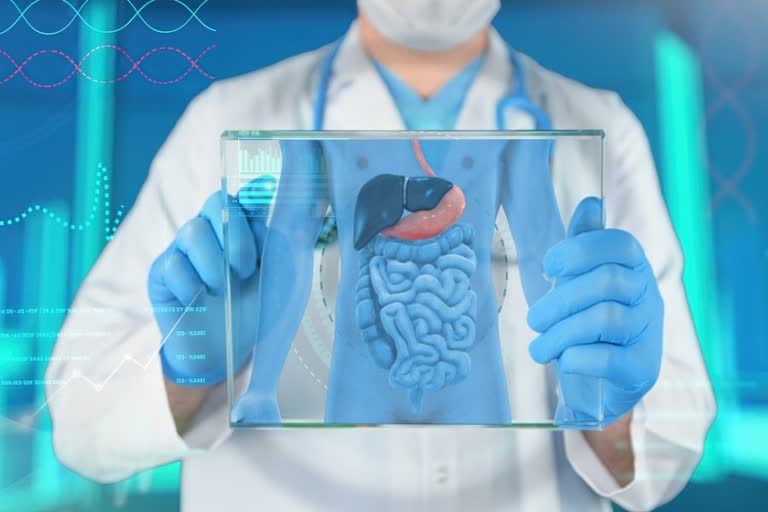In the past couple of years, people have become rather conscious about having a healthy metabolism, especially in the COVID era. However, most of them are not yet completely aware of it and often neglect the problems that an unhealthy metabolism can lead to. One such related condition is Metabolic Syndrome. People often think of it as a disease, whilst it is a cluster of diseases, which occur due to disrupted metabolic functions, such as diabetes, hypertension, obesity, uncontrolled cholesterol, etc. These can further lead to heart diseases and stroke. But before digging deep into its causes and symptoms, let us know what exactly metabolism is.
Understanding metabolism
In a conversation with ETV Bharat, Dr. Vivek Kala, a General Physician from Haryana, explained that the cells in our body get energy from whatever food we eat. It is through metabolism that the food gets converted into energy and besides the cells receiving energy, the muscles in our body receive oxygen from the lungs, organs get nourished and white blood cells are formed in the bone marrow. The metabolism in our body is controlled by hormones as well as our nervous system.
When we consume food, digestive enzymes in our intestines break down carbohydrates, fats and proteins, which helps in the growth and provision of energy to the body. In this process, two activities take place simultaneously. The first one being the formation of the body tissues and the second is storage of energy in the body. If a person’s metabolism is good, he/she feels energetic and active throughout the day, however, if it is disturbed, a person is likely to feel tired and may face problems like weight gain, have higher levels of cholesterol, muscle and bone problems, heart diseases and mental issues like depression.
Causes and symptoms of metabolic syndrome
